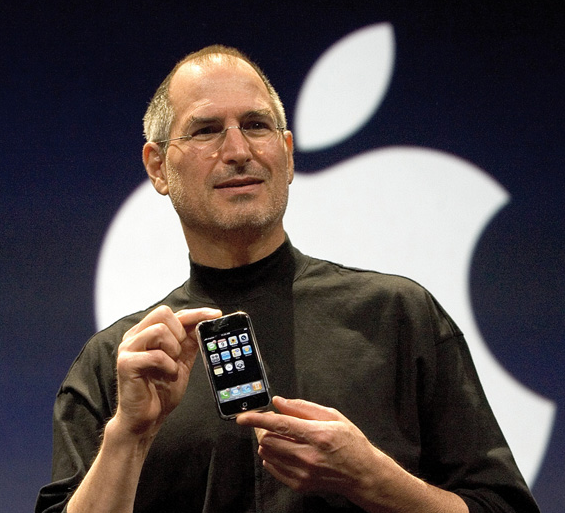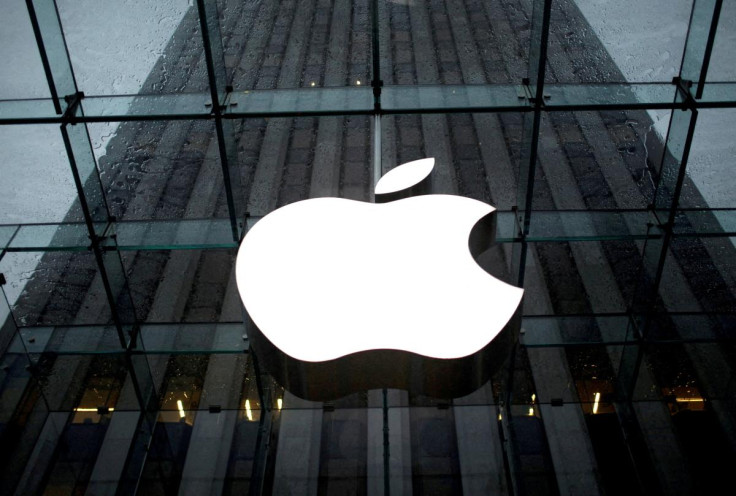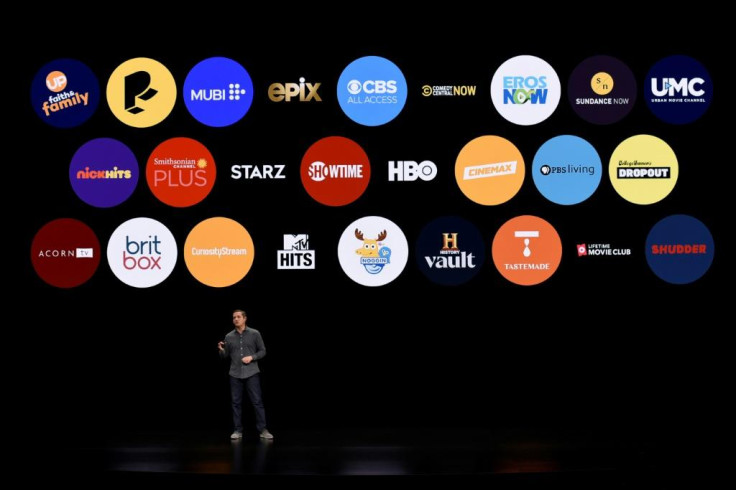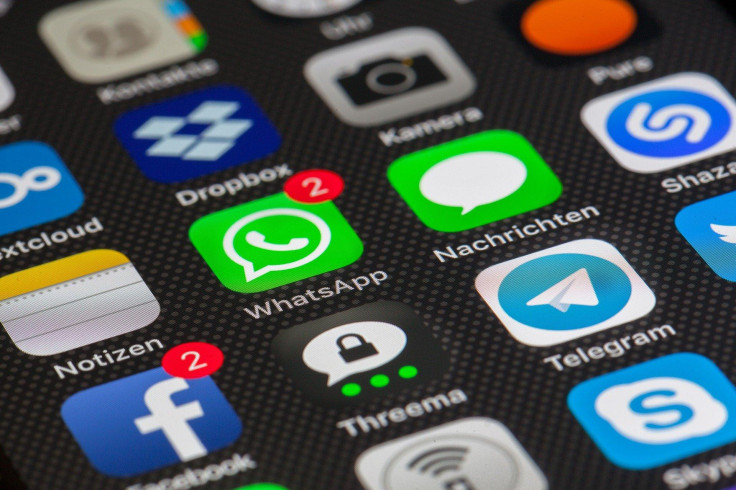Four Ways The iPhone Changed Our Lives In 15 Years

"Today, Apple is going to reinvent the phone," Steve Jobs said 15 years ago at a San Francisco convention where he was unveiling Apple’s then most revolutionary product; the iPhone.
Jobs’ promise that day ultimately came true and the iPhone today exists in a world it has and continues to shape. Today, the iPhone and the rivals it has inspired are globally ubiquitous and they have become such an integral part of the fabric of everyday life. Now it is almost impossible to conceive what a world without smartphones would look like.
With the iPhone now in its fifteenth year of production and Apple staring down from the peaks of the new heights the device vaulted it to, here are four ways that the iPhone has changed the world.
1) Apple Became The World’s First Trillion-Dollar Company

It was a stunning ascent for Apple to go from a three-man business partnership working out of Jobs' house in 1976 to becoming the world's first publicly-traded company that is worth $1 trillion. What's more, is that this isn't even Apple's highest achievement given that it took only four more years for it to become the world's first and only $3 trillion company.
Apple first broke the $1 trillion threshold in August 2018, a historic milestone that was made possible thanks in large part to the iPhone’s popularity.
Under Jobs’ successor Tim Cook, the iPhone saw its reach extended to new markets including China, the world’s single largest consumer market and leading producer of the device. From the 11.6 million models sold in 2008 with the first iPhone, Apple was selling over 217 million by the time it crossed the trillion-dollar threshold in 2018.
Two years later, Apple became the world’s first $2 trillion-dollar company, besting itself along the way. It briefly lost its crown as the world’s most valuable company to Microsoft in October 2021, but that didn’t last because three months later Apple regained it by becoming the only $3 trillion-dollar company to exist.
2) Supercharged The Mobile App Industry

A smartphone would be effectively incomplete without the apps that make them useful or just entertaining. Thanks in part to the iPhone’s launch, the app market is as expansive and varied as it is.
Enter the App Store. Mobile apps before the iPhone to be sure, but the launch of the Apple App Store catapulted the market to a new level as developers watched as progressively more millions of iPhones were sold each year. The popularity of new apps that followed the iPhone even contributed to “app” becoming “World of the Year” in 2010.
What was once a shop of 500 apps from music to gaming evolved into a sprawling marketplace with about 1.9 million apps today. Some estimates predict that the market for mobile apps will have grown by $653 billion between 2020 and 2025.
3) The Internet Is Now In Your Back Pocket

Representation. A group suspected of plotting an assassination against Saxony's premier, Michael Kretschmer, reportedly discussed the "murder plans" on the Telegram messaging app. Photo: Pixabay
iPhone. Internet Phone.
At this point in the iPhone’s lifespan, it is easy to forget that the phone was ahead of its time for being the first mobile phone to so easily connect to the internet. It was meant to be a “breakthrough Internet communications device" in the words of Steve Jobs.
By connecting its user with the internet on the go, the iPhone and the smartphones that followed it revolutionized how people traveled and worked on the move. It is no coincidence that nearly every office or business must ensure they have accessible and secure WiFi because of how dependent everyone has grown on the internet daily and by extension the smartphone.
4) There Are More Photographs Taken Than Ever

Everyone loves taking pictures. It could be of your pet, what you had at a swanky cafe, your new car - whatever it is, there are more pictures of it now than ever before. And that can be another achievement chalked up to the iPhone.
Mobile phones had cameras before the iPhone, but Apple quickly came to dominate the market with the high-quality digital cameras that only grew more powerful over time. It is estimated that over 1 trillion photos were taken in 2020 and smartphones made up about 89% of that total, according to the photo managing site Mylio.
If more proof is needed that points to the iPhone’s impact on photography, just remember that selfies became a thing only with the smartphone. So did Instagram.




















